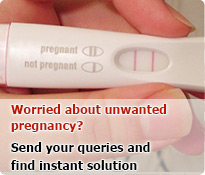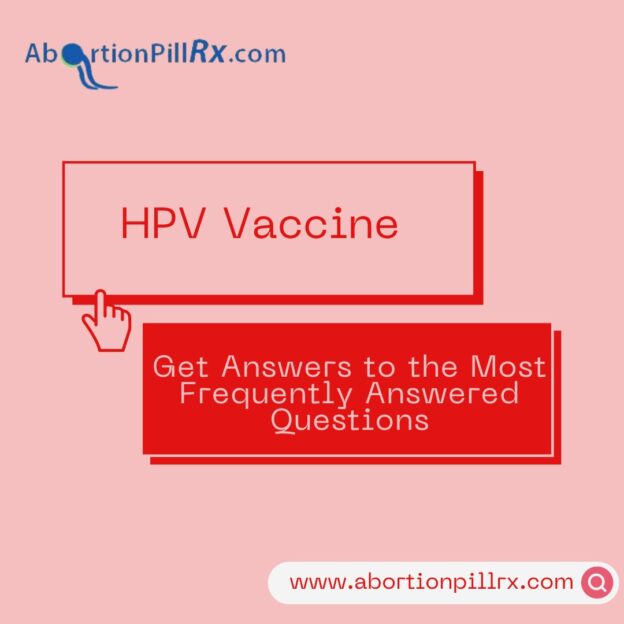Recently updated on June 13th, 2024 at 07:11 am
HPV (Human Papillomavirus) is a sexually transmitted infection (STI) transmitted during sexual intercourse. Sexually active people have higher chances of coming into contact with HPV. HPV can be prevented if you take the HPV vaccine at a young age.
It is one of the most common sexually transmitted infections in the USA, and if you are sexually active, in your lifetime you can get affected by HPV. Now you may have questions about the treatment of HPV infection.
In this blog, we have tried to answer all the questions and doubts related to the HPV vaccine guideline and other frequently asked questions to relieve you from the stress of HPV infection.
What is an HPV infection?
HPV (Human Papillomavirus) is a sexually transmitted infection commonly found in men and women who are sexually active. Some types of HPV can cause warts on your genital parts (vulva, vagina, cervix, or anus, and on the penis of men).
Our body can detect HPV most of the time and clear it out. But if HPV stays for a longer time in the body, it can progress to cervical cancer in women and many other types of cancer in women and men.
There are 40 strains (types) of HPV that can be transmitted through sexual intercourse. It’s so common that 80% of sexually active adults will develop HPV at some point. Healthy immune systems can usually fight off the infection.
What is HPV Vaccine?
The HPV vaccine prevents you from getting an HPV infection, helps you with cervical cancer prevention, and also protects you from cancers of the vulva, vagina, anus, or penis. The HPV vaccine can also protect you from cancer of the head, neck, throat, and mouth. Getting vaccinated at a young age can protect both men and women from getting HPV.
Frequently Asked Questions About the HPV Vaccine
How do I know if I have HPV?
There are no visible signs or symptoms of HPV, so it easily gets transferred from one person to another. It’s hard to identify if a person has HPV, but if your body detects the virus and still does not clear it out, it can cause you genital warts and different types of cancer.
When should I get the HPV vaccine?
HPV vaccine guidelines: The HPV vaccine can be taken from the age of 9 up to the age of 26. The CDC (Centers for Disease Control and Prevention) suggests you take the vaccine at the age of 11 or 12.
Though the ideal age to get the HPV vaccine is before a person gets sexually active, After the age of 26, you need to ask your doctor if the vaccine is suitable for you and if it would make sense.
If you are younger than 15, then you require 2 doses within the gap of 6–12 months. But if you are between the ages of 15 and 26, then you need 3 doses within the 6-month gap.
How can I protect myself from HPV?
One way to protect yourself from HPV is to get the HPV vaccine, which is the best and most effective solution. The vaccine works best if you take it before you get sexually active, but it would still work best if you are already sexually active and can protect you from different types of HPV.
How well does the HPV vaccine work?
If you take the vaccine before you are exposed to HPV, the HPV vaccine is 99% effective. It easily prevents types of cancer and primarily helps in cervical cancer prevention. The vaccination can prevent the infection; however, it is not a treatment for the condition. It cannot help if you have already been exposed to an HPV infection.
When should I not take the HPV vaccine?
If you have an allergy issue, consult with your doctor first. Also, you must not take the HPV vaccine.
- If you previously had a life-threatening allergic reaction to any of the HPV vaccine ingredients,.
- If you are allergic to yeast.
- If you are pregnant.
Risks associated with the HPV vaccine
Just like medicines, even HPV vaccines have some kind of side effect associated with them. Side effects like:
- Redness and swelling at the site of the injection
- Pain
- Headaches
- Dizziness
How can I protect myself from HPV, apart from the HPV vaccine?
Though HPV vaccines are effective, there are other ways you can protect yourself from HPV, like:
- Limit your sexual partners.
- Use contraceptive methods like a male or female condom; it can give you at least some protection.
- Once you turn 21, begin regular pap smears (screening for cervical cancer), for cervical cancer prevention.



